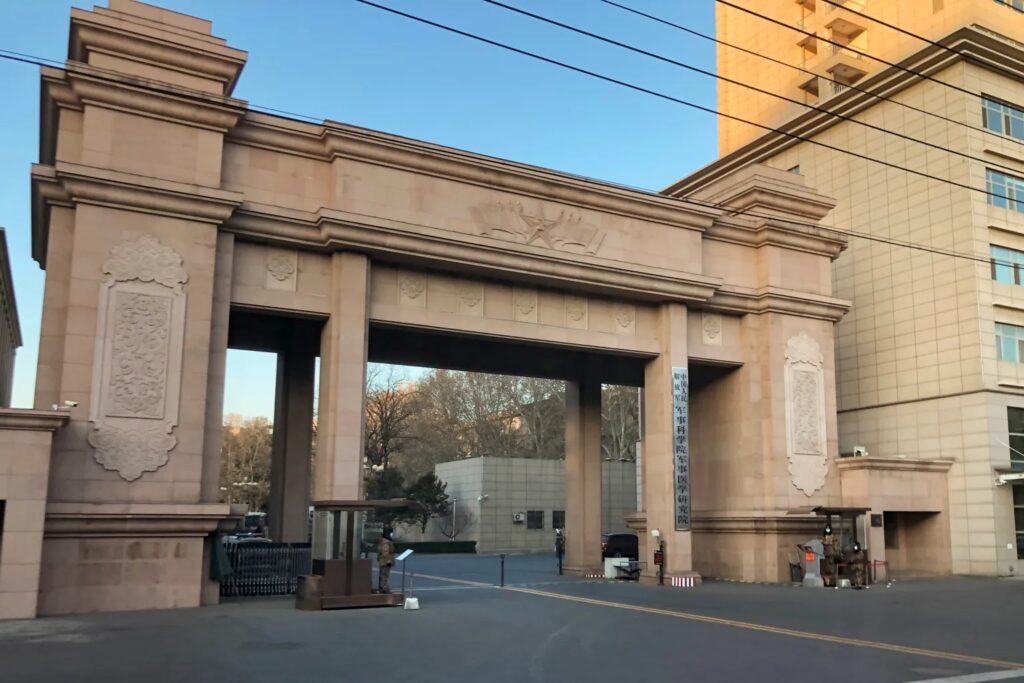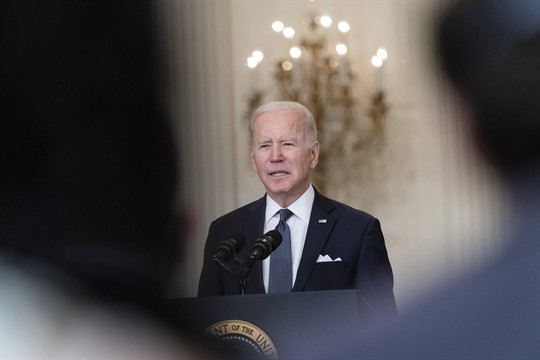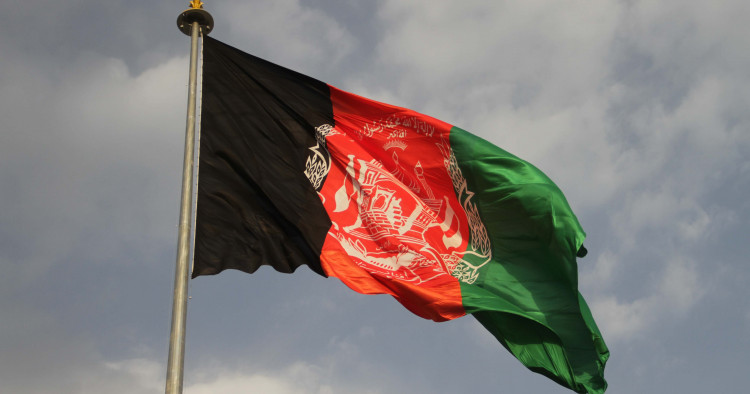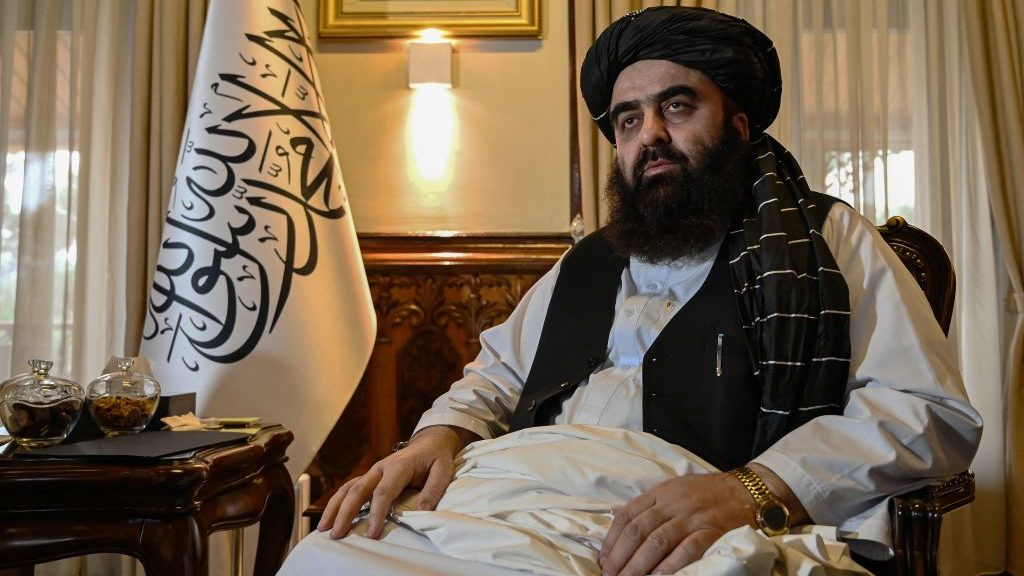China Developing ‘Brain Control Weapons’ For Future Wars

It sounds like something that came out of a sci-fi movie, but Brain control weapons are slowly coming to life through Chinese research and the development of biotechnology that can disorient enemies and make them easier to subdue. These types of weapons can potentially change the way we traditionally think about warfare in the future, where enemies could have an influence on a soldier’s cognitive functions.





